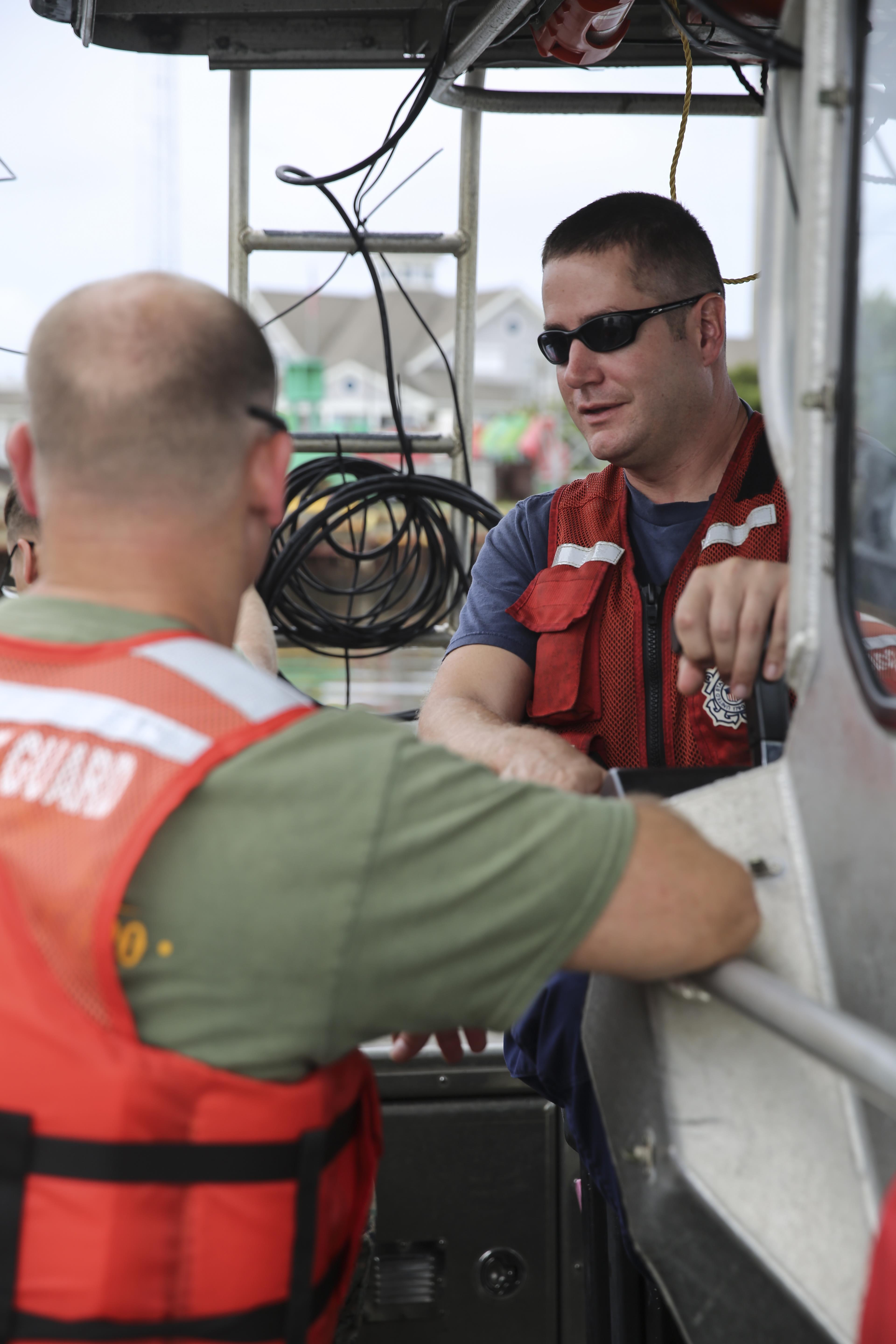Navigating the Waters: Understanding Coast Guard Jurisdiction and Its Importance
Related Articles: Navigating the Waters: Understanding Coast Guard Jurisdiction and Its Importance
Introduction
With enthusiasm, let’s navigate through the intriguing topic related to Navigating the Waters: Understanding Coast Guard Jurisdiction and Its Importance. Let’s weave interesting information and offer fresh perspectives to the readers.
Table of Content
Navigating the Waters: Understanding Coast Guard Jurisdiction and Its Importance
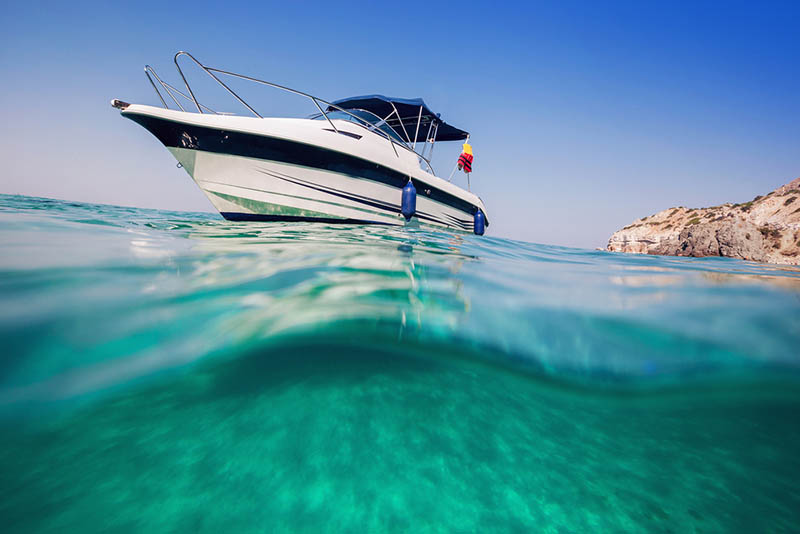
The vast expanse of the world’s oceans and waterways presents a complex and dynamic environment. To ensure safety, security, and environmental protection within these waters, nations establish maritime boundaries and jurisdictions, often overseen by their respective Coast Guards. Understanding these jurisdictional boundaries is crucial for both individuals and organizations operating within these maritime spaces.
Defining the Boundaries: Understanding Coast Guard Jurisdiction
Coast Guard jurisdiction encompasses the authority and responsibility vested in a nation’s maritime law enforcement agency to regulate and enforce maritime laws, safety standards, and environmental regulations within a designated area. This area typically includes:
- Territorial Sea: This is a band of water extending 12 nautical miles from the baseline of a coastal state. Within this zone, the coastal state enjoys full sovereignty and can regulate all activities, including navigation, fishing, and resource extraction.
- Exclusive Economic Zone (EEZ): Extending up to 200 nautical miles from the baseline, this zone allows the coastal state to explore, exploit, conserve, and manage natural resources, including living and non-living resources. While the coastal state has sovereign rights within this zone, other states retain freedom of navigation and overflight.
- Contiguous Zone: This area extends 24 nautical miles from the baseline and allows the coastal state to enforce laws related to customs, fiscal, immigration, and sanitary matters.
- Internal Waters: These include all waters landward of the baseline, such as rivers, lakes, and bays. Coastal states have full sovereignty over their internal waters.
The Importance of Coast Guard Jurisdiction
The clear delineation of maritime jurisdictions is vital for several reasons:
- Safety and Security: By enforcing maritime laws and regulations, Coast Guards ensure the safety of vessels and personnel operating within their jurisdiction. This includes enforcing safety standards, preventing collisions, and responding to maritime incidents.
- Environmental Protection: Coast Guards play a crucial role in protecting the marine environment by enforcing environmental regulations, preventing pollution, and responding to oil spills and other marine disasters.
- National Security: Jurisdictional boundaries help protect a nation’s territorial integrity and national security by controlling access to its waters and preventing illegal activities such as smuggling, piracy, and terrorism.
- Resource Management: By regulating activities within their exclusive economic zones, Coast Guards ensure sustainable management of marine resources, including fishing, mineral extraction, and energy production.
Navigating the Map: Visualizing Coast Guard Jurisdiction
Coast Guard jurisdiction maps provide a visual representation of these maritime boundaries. These maps are essential tools for various stakeholders, including:
- Mariners: Seafarers rely on these maps to understand their rights and obligations while navigating international waters.
- Fishers: Fishermen use these maps to determine legal fishing zones and avoid exceeding their catch quotas.
- Environmental Organizations: These organizations utilize these maps to monitor and protect marine ecosystems.
- Law Enforcement Agencies: Coast Guards and other maritime law enforcement agencies use these maps to identify potential violations and enforce maritime laws.
- Researchers: Scientists and researchers use these maps to study marine ecosystems and conduct research within designated areas.
Beyond the Lines: The Role of International Cooperation
While each nation maintains its own maritime jurisdiction, international cooperation is essential for effective maritime governance. International agreements and organizations, such as the International Maritime Organization (IMO) and the United Nations Convention on the Law of the Sea (UNCLOS), establish global maritime standards and frameworks for collaboration between nations.
FAQs about Coast Guard Jurisdiction Maps:
-
Q: How can I access a Coast Guard jurisdiction map for a specific region?
- A: Coast Guard jurisdiction maps are typically available on the websites of national maritime agencies or international organizations like the IMO.
-
Q: What happens if a vessel violates a Coast Guard jurisdiction?
- A: Violations can result in various consequences, including fines, arrest, and seizure of the vessel.
-
Q: What are the differences between territorial waters and exclusive economic zones?
- A: Territorial waters provide full sovereignty to the coastal state, while the exclusive economic zone grants sovereign rights for resource management.
-
Q: Are there any exceptions to Coast Guard jurisdiction?
- A: Yes, there are exceptions for innocent passage and transit passage through territorial waters and the EEZ, respectively.
-
Q: How does the Coast Guard enforce its jurisdiction in international waters?
- A: Coast Guards typically enforce their jurisdiction through patrols, inspections, and investigations, collaborating with other nations as needed.
Tips for Navigating Coast Guard Jurisdiction:
- Consult Relevant Maritime Laws: Familiarize yourself with the maritime laws and regulations of the nation whose waters you are navigating.
- Use Navigation Charts and Maps: Utilize up-to-date nautical charts and Coast Guard jurisdiction maps to understand maritime boundaries and restrictions.
- Maintain Proper Documentation: Carry all necessary documentation, including vessel registration, licenses, and permits, to demonstrate compliance with maritime laws.
- Report Incidents and Violations: If you witness any maritime incidents or violations, report them to the appropriate authorities.
- Stay Informed: Keep abreast of any changes in maritime laws, regulations, and jurisdictional boundaries.
Conclusion: A Shared Responsibility for a Sustainable Future
The delineation of Coast Guard jurisdiction is a critical element of maritime governance. It fosters safety, security, and responsible resource management within the vast marine environment. By understanding these boundaries and adhering to maritime laws, individuals and organizations can contribute to a sustainable future for the oceans and the livelihoods that depend on them. Through international cooperation and responsible stewardship, we can navigate the waters of our planet with respect for the environment and the well-being of all who share this precious resource.

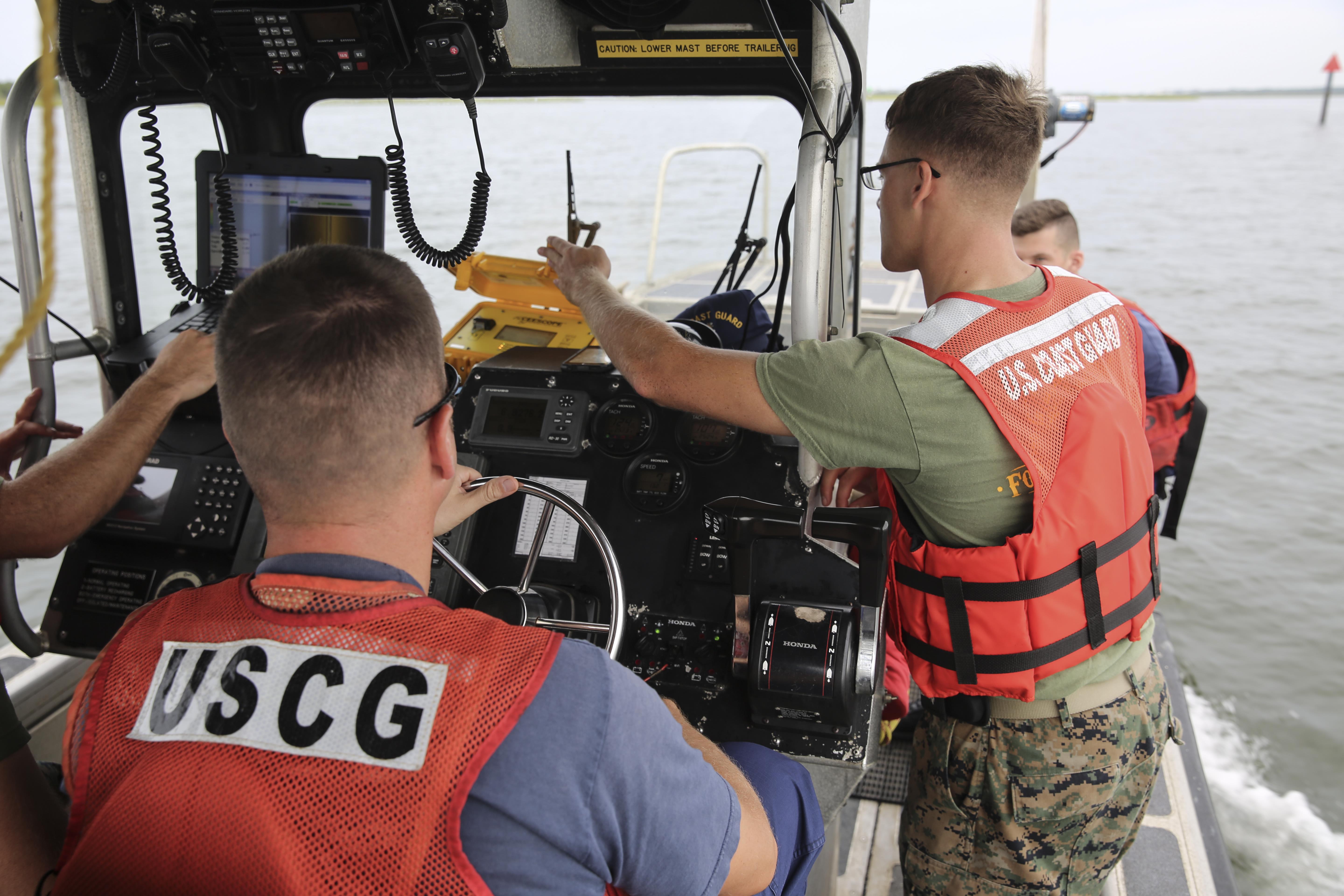
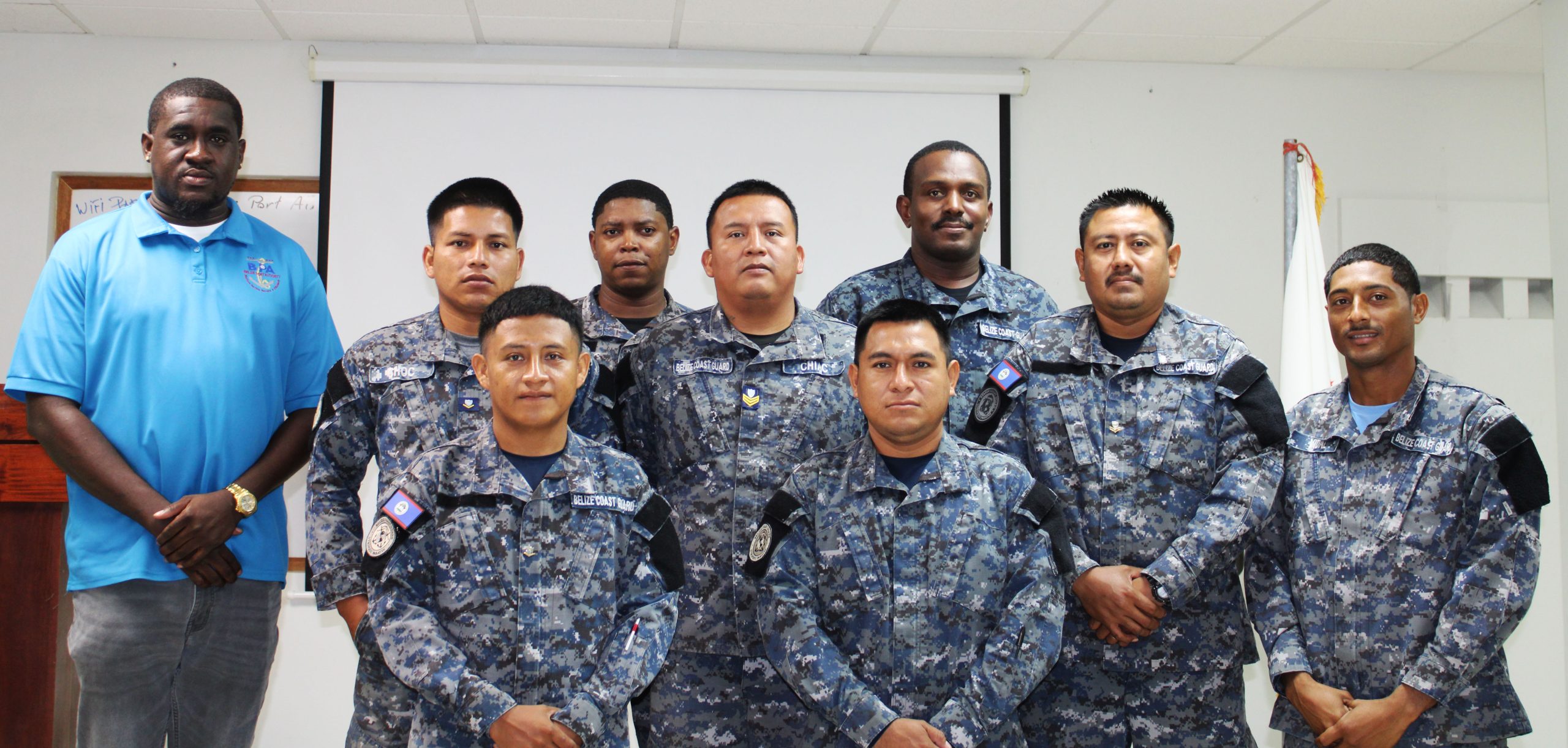

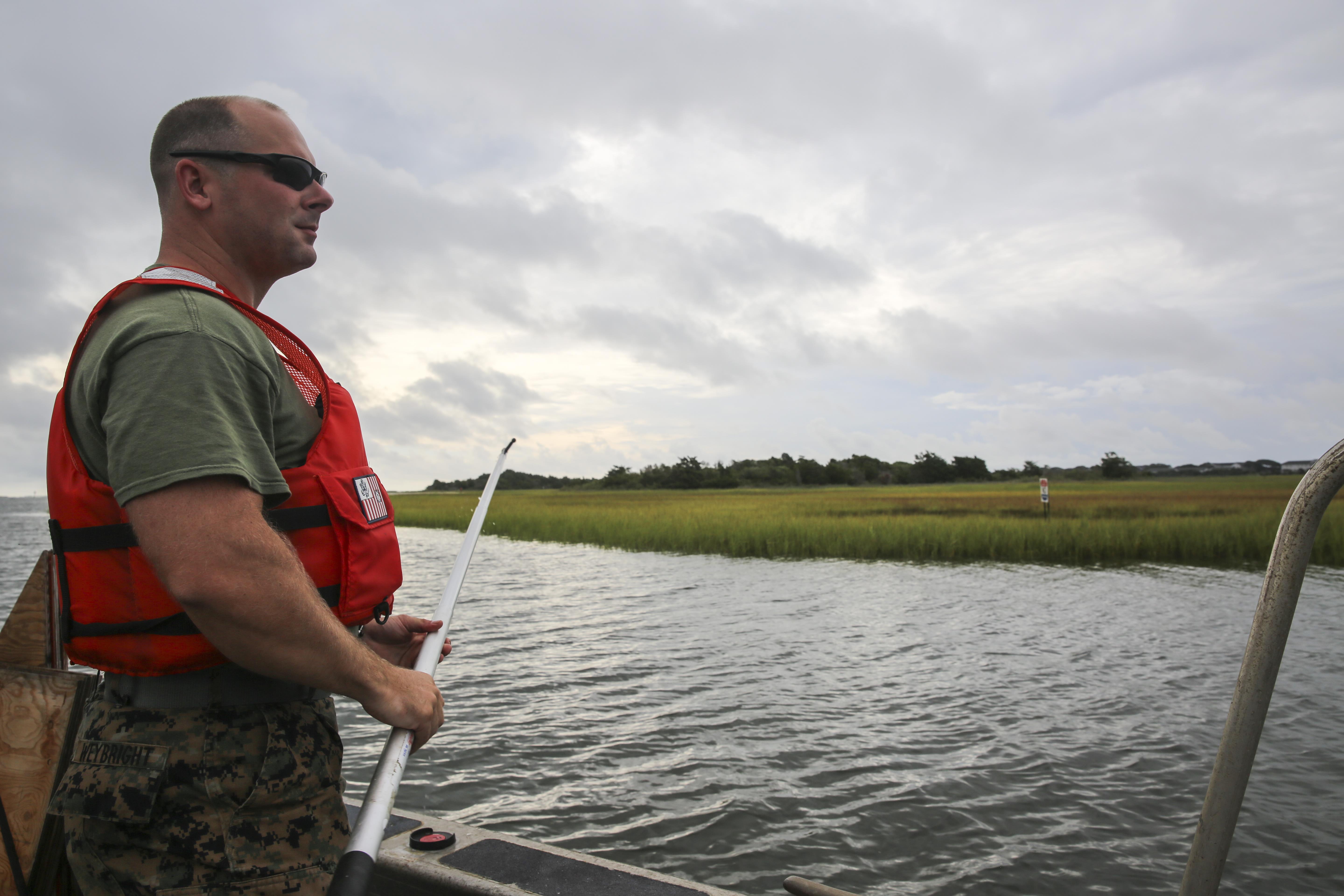
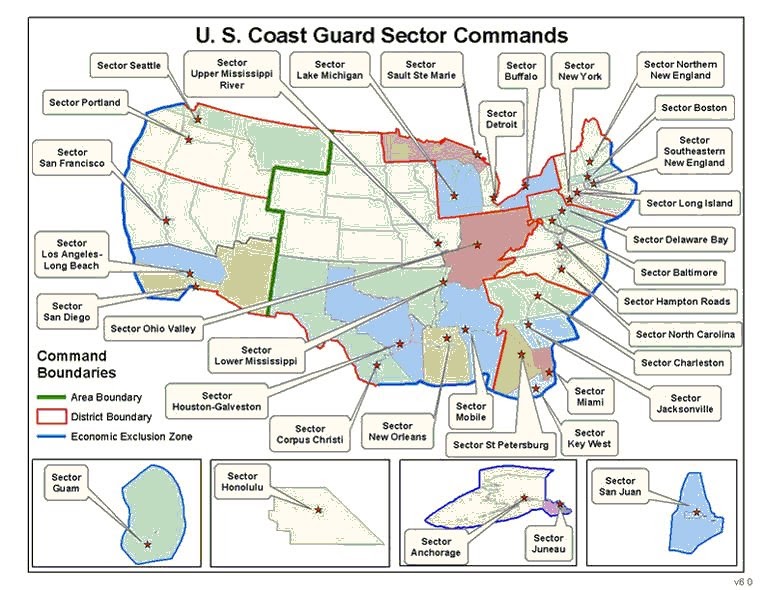

Closure
Thus, we hope this article has provided valuable insights into Navigating the Waters: Understanding Coast Guard Jurisdiction and Its Importance. We thank you for taking the time to read this article. See you in our next article!
